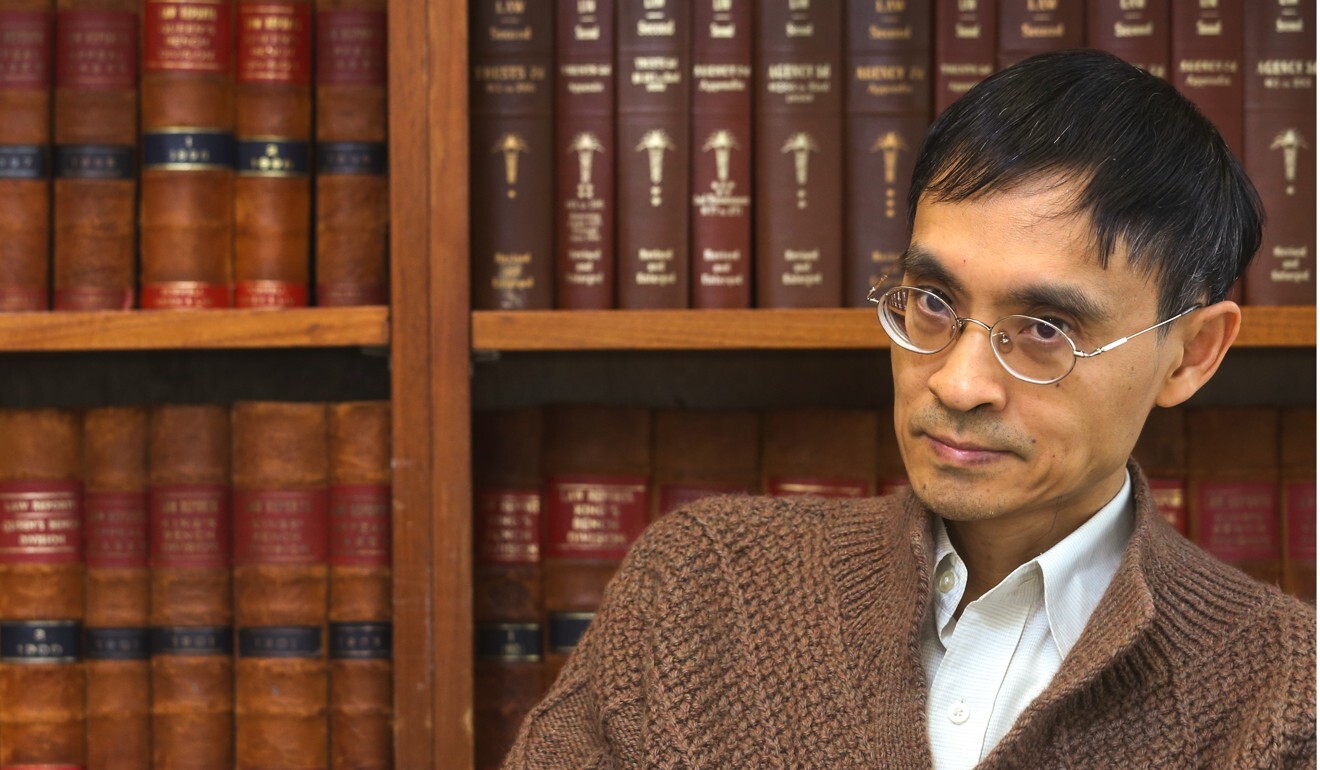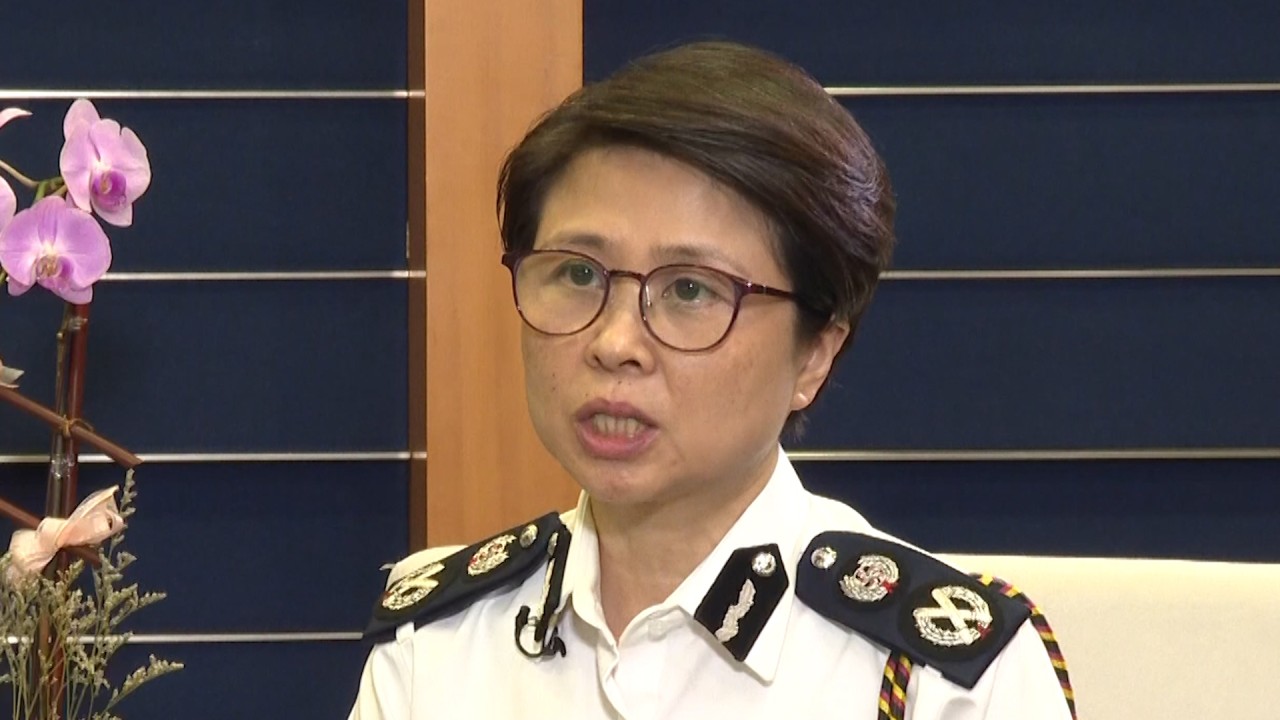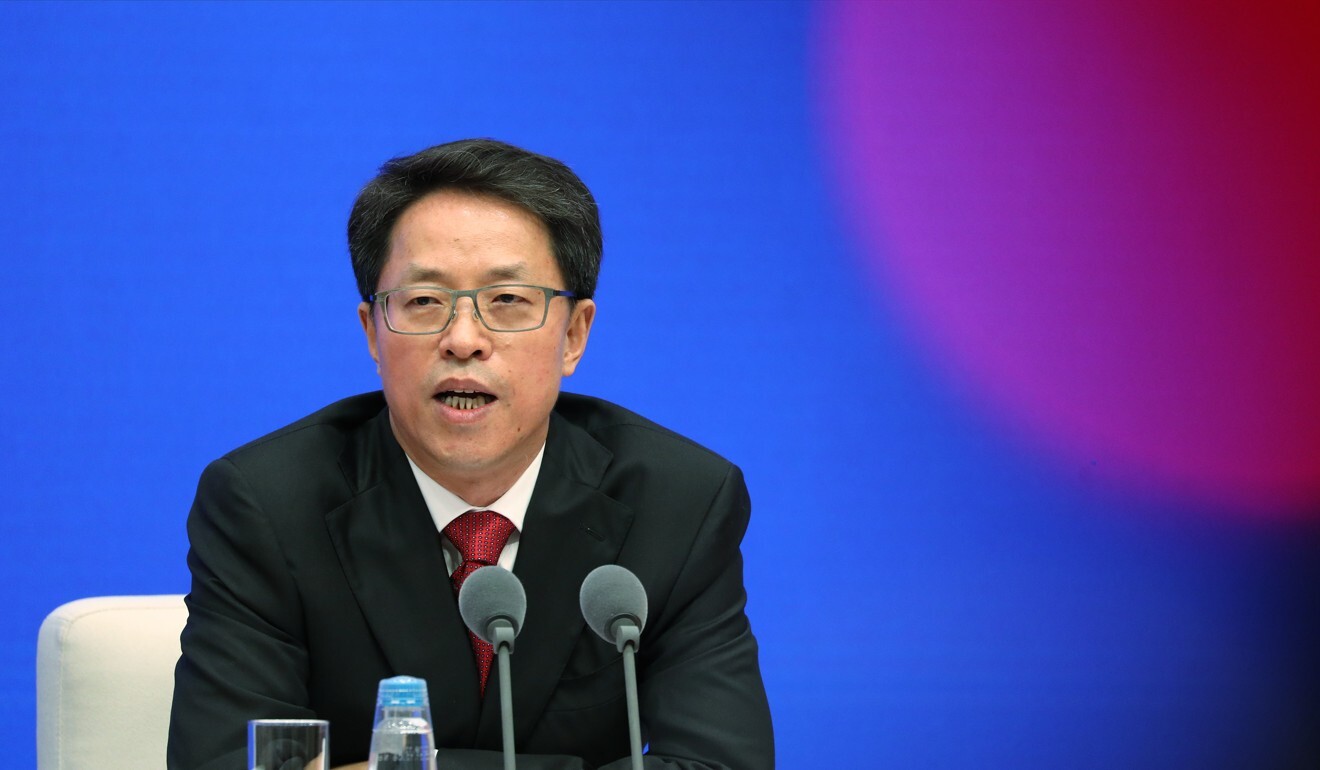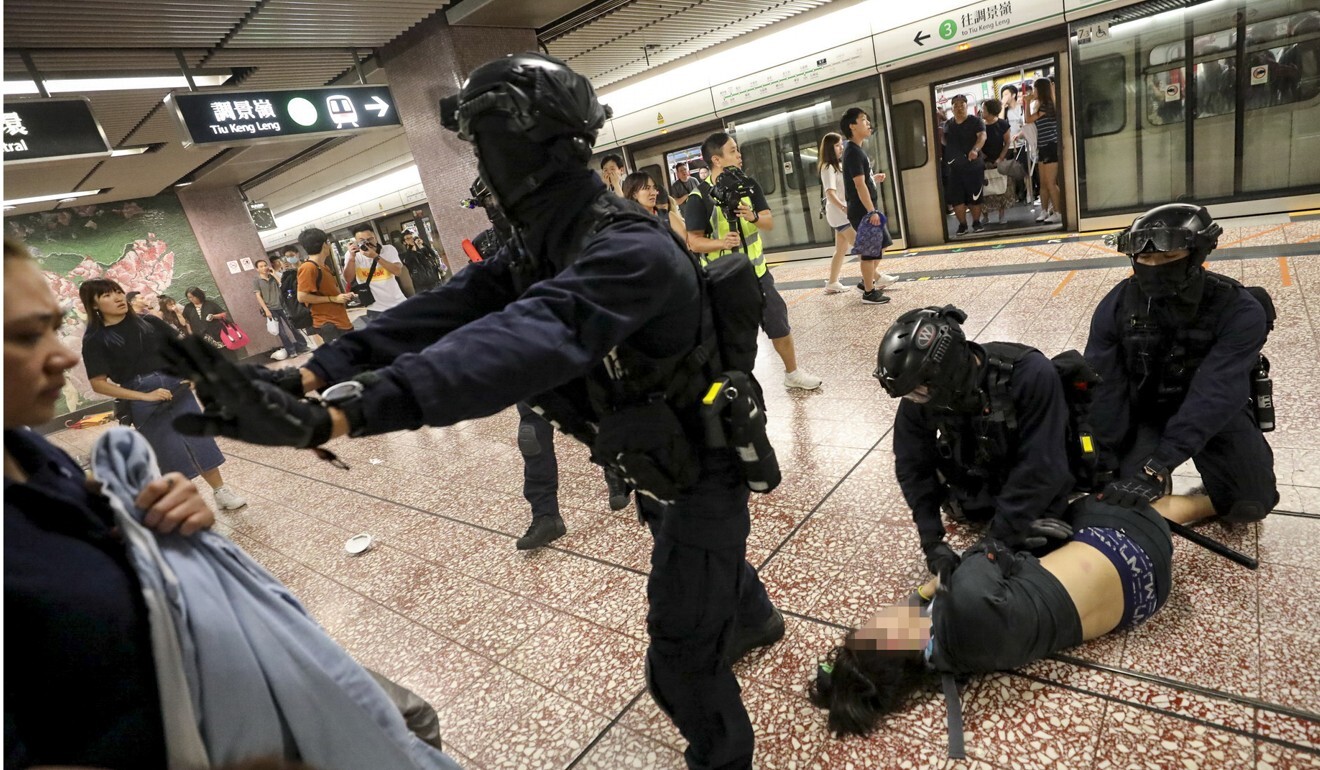
National security law: Hongkongers can still criticise government, top official says, as legal scholar refutes notion of prosecution for provoking hatred towards authorities
- Albert Chen, a prominent adviser to China’s top legislative body, contradicts remarks by senior Beijing official Zhang Xiaoming on sweeping new law
- Hong Kong’s No 2 official seeks to reassure residents their fundamental rights and freedom to criticise city’s governance will not be undermined
The view of Basic Law Committee member Albert Chen Hung-yee, a law professor at the University of Hong Kong, contradicted remarks by senior Beijing official Zhang Xiaoming on Wednesday.
Zhang, deputy director of the State Council’s Hong Kong and Macau Affairs Office, said spreading rumours – such as falsely claiming police killed several people during an operation at Prince Edward MTR station last year – would be deemed illegal under the new law and one could be arrested for provoking “hatred” among Hong Kong residents towards the central or local governments.

But Chen noted the national security law stated people could be arrested for colluding with external forces to provoke hatred “by unlawful means”, and that it was not illegal to spread fake news in the city.
“Zhang mentioned that hatred was provoked as it was claimed that people died in Prince Edward station,” Chen told a radio programme.
“But this in itself would not constitute a crime … because my understanding is that in Hong Kong, it does not seem to be unlawful to spread fake information or news.”
He added that even if someone could prove it was unlawful to spread fake information in the city, it also had to be proven that the act was done in collusion with external forces.
Hong Kong national security law: read the full text
Chen also said under the new law, Hong Kong people would not be subverting state power by writing articles calling for the city’s political system to be changed, as long as it did not involve the use of force or unlawful means.
But if a person organises or participates in a pro-independence act, such as a de facto referendum on Hong Kong’s separation from China, he could be found guilty of an offence under the section on secession even if the act does not involve “force or threat of force”.

01:09
Hong Kong needs Beijing approval to handle national security law cases in three situations
Writing on his official blog on Sunday, Chief Secretary Matthew Cheung Kin-chung said the public’s fundamental rights would not be affected by the new law, including a free press, the right to assemble and freedom to criticise the government or officials.
“To those law-aiding people and journalists, when they are exercising these rights, as long as they don’t run afoul of the law … to endanger state security, they don’t need to worry,” he said.

He emphasised that people’s rights and freedoms protected under international covenants would continue to be covered by the national security law.
“I need to stress that this [law] will not affect people’s proper exercise of the freedom of speech, including criticisms of governance or officials,” he said, adding that over the next week he would meet every consulate and foreign chamber in Hong Kong to ensure they had a correct understanding of the new law.
Cheung also said all civil servants should fully support the government in delivering its responsibilities for safeguarding national security.
“Civil servants serve as the backbone of the [Hong Kong] government. In their differing positions, they should perform their duties with a view to fully complementing the government to execute its duty to protect national security. They should also unrelentingly support the governance of the chief executive and the government,” he said.
Hong Kong national security law full text:
Hong Kong on Wednesday marked the 23rd anniversary of its return to Chinese rule under the new reality of a sweeping national security law that brought thousands of opponents out on the streets in open defiance.
Police arrested about 370 people on the day, including at least 10 for allegedly violating the new law. One of them was a man with a flag calling for “Hong Kong independence” in his bag.
Chen said an arrest did not mean the person would be prosecuted or convicted.
“The law does not specify that it is unlawful to possess pro-independence materials,” he said.
“Police arrests do not reflect the final interpretation of this law, because police have no power to interpret laws. It is the courts that makes interpretations, while the justice department also plays a role as it make decisions on prosecutions.”

In a statement on Thursday, the government said the slogan “Liberate Hong Kong; revolution of our times”, which was common during last year’s social unrest, suggested independence for the city.
In a pre-recorded television interview aired on Sunday, Secretary for Justice Teresa Cheng Yeuk-wah was asked whether the government was trying to influence judges to convict those arrested in connection with displaying or chanting the slogan.
“How can that be?” she countered. “The government has its own stance, the court can also have its view.”
Cheng said rather than making a ruling solely based on a specific slogan, a judge would make judgments based on the case as a whole, and on the defendant’s act and mens rea, or intention when wrongdoing.
The chief secretary also wrote on his blog that people should refrain from chanting slogans such as “Liberate Hong Kong, revolution of our times” or those related to independence, and displaying or possessing items bearing relevant words as those activities contravened the law.


